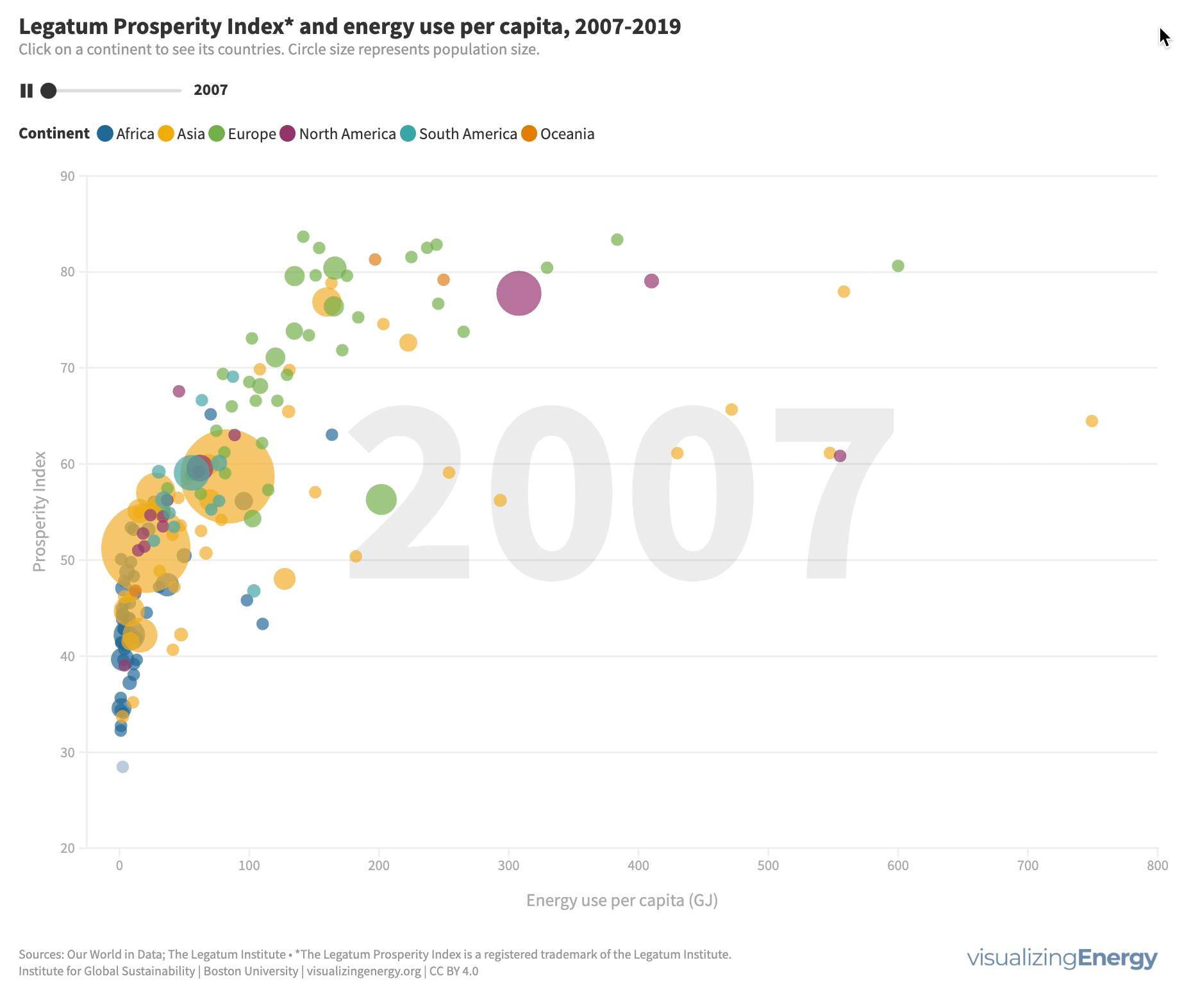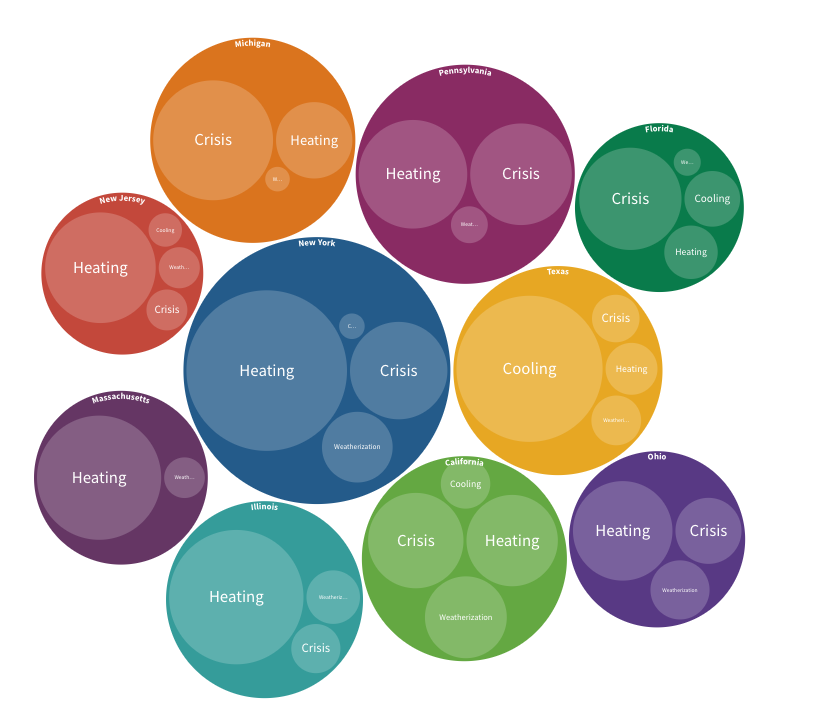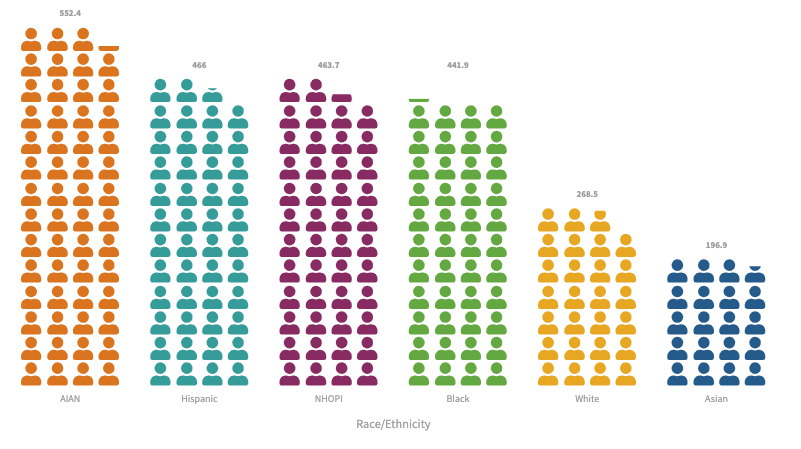
What is prosperity and how is it related to energy use?
While energy use is connected to prosperity, the relationship is not linear. Different countries achieve varying levels of prosperity at the same energy use per capita, and there are diminishing returns where increased energy use results in smaller improvements in prosperity. High levels of prosperity can be achieved with lower energy consumption.


